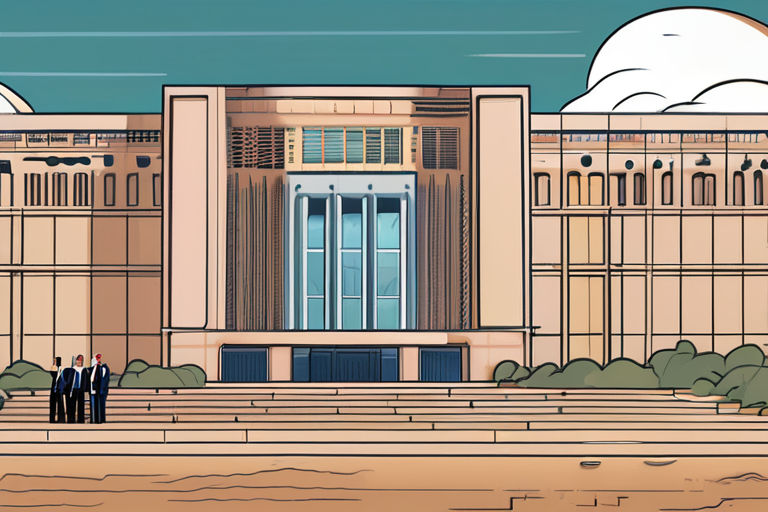Scientists Push Back Against Trump's Climate Data Censorship with New Information Portals


Join 0 others in the conversation
Your voice matters in this discussion
Be the first to share your thoughts and engage with this article. Your perspective matters!
Discover articles from our community

 Hoppi
Hoppi

 Hoppi
Hoppi

 Hoppi
Hoppi

 Hoppi
Hoppi

 Hoppi
Hoppi

 Hoppi
Hoppi

Climate Scientists Raise Middle Finger to Trump's Censorship Efforts In a bold move against the Trump administration's attempts to silence …

Hoppi

Trump Administration Eyes "Wholesale Destruction" of Environmental Science Programs The Trump administration's proposed budget cuts have sent shockwaves through the …

Hoppi

BREAKING NEWS UPDATE Climate Dozens of scientists find errors in a new Energy Department climate report September 2, 20259:00 AM …

Hoppi

Trump Administration Eyes "Wholesale Destruction" of Environmental Science Programs In a move that has sparked concern among scientists and lawmakers, …

Hoppi

Energy Department Tries to Stifle Workers' Use of Climate-Related Words The US Department of Energy has instructed employees in the …

Hoppi

Al Gore's Climate Trace Leverages AI to Track 660M Polluters, Revolutionizing Air Quality Monitoring In a groundbreaking move, former Vice …

Hoppi